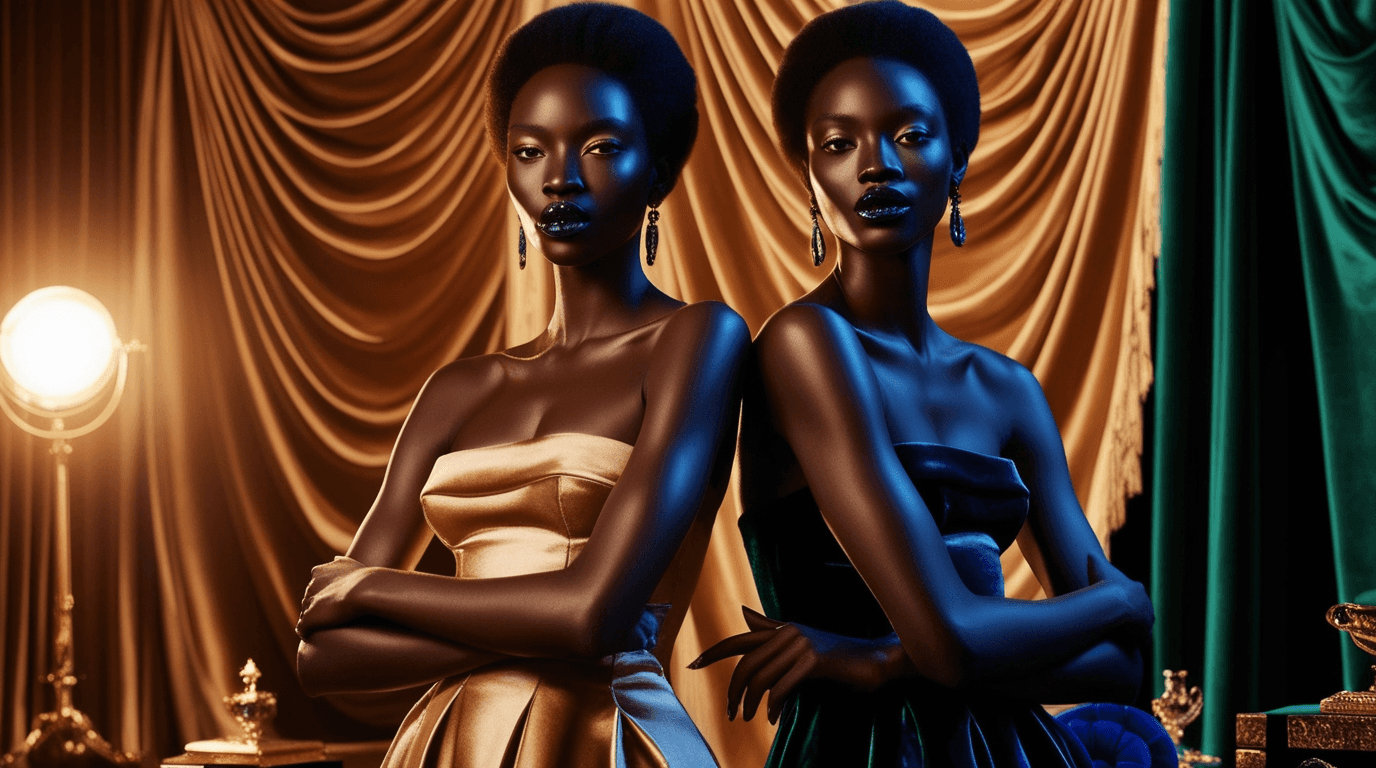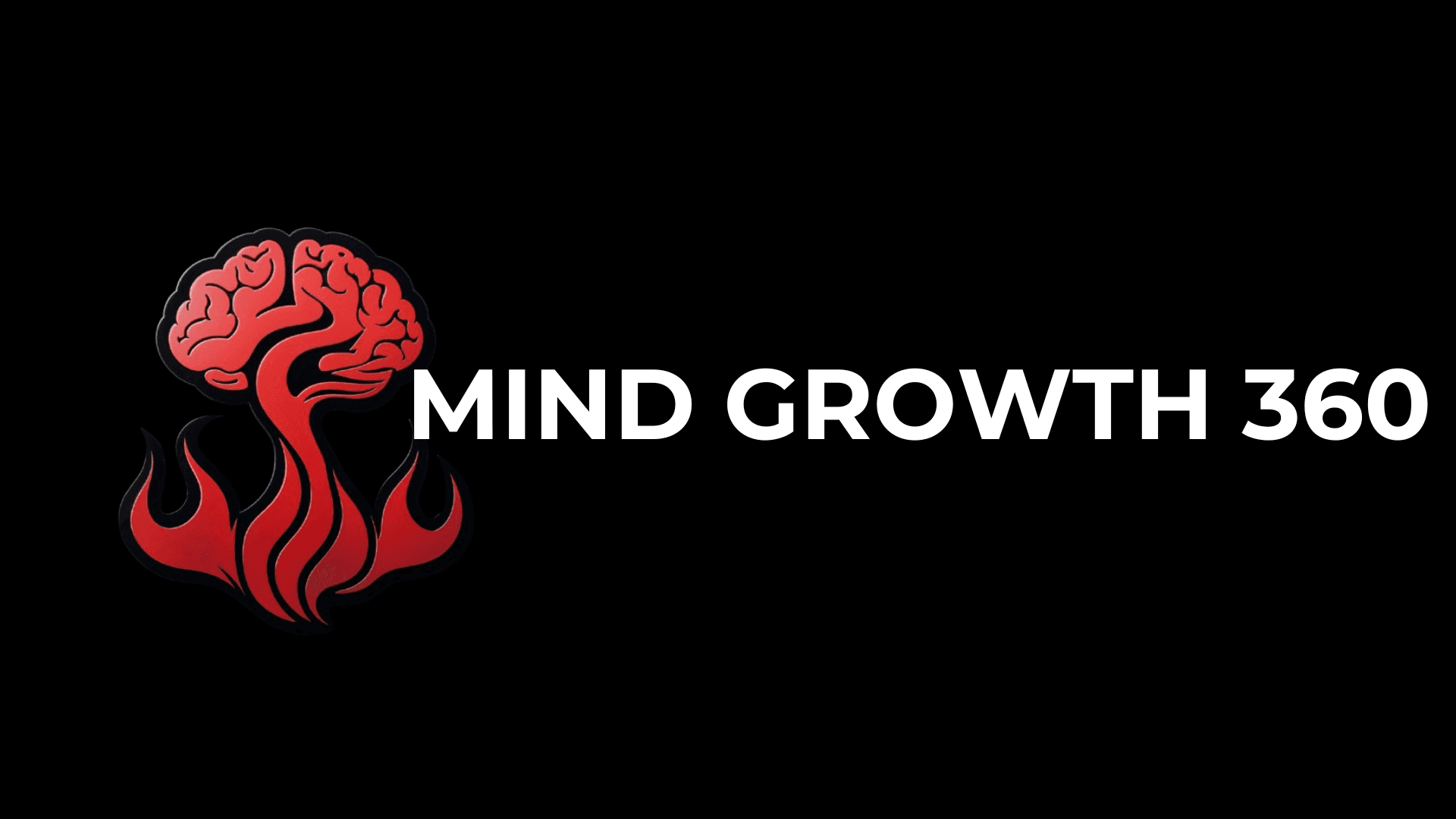The Business of Beauty: Insights into Captivating Beauty Branding and Marketing
Jun 26, 2024
In the ever-evolving landscape of the beauty industry, the power of branding and marketing has become increasingly crucial for businesses looking to stand out and capture the attention of discerning consumers. From the glamorous world of high-end cosmetics to the rapidly growing market of natural and sustainable beauty products, the ability to craft a compelling brand narrative and execute strategic marketing campaigns can make all the difference between success and obscurity.
In this comprehensive exploration, we'll delve into the intricacies of beauty branding and marketing, uncovering the strategies and tactics that have propelled some of the industry's most iconic brands to new heights of success.
The Allure of Aspirational Branding
At the heart of the beauty industry lies the inherent human desire to look and feel our best. Consumers are not merely purchasing products; they are investing in a vision of their ideal selves – a vision that is often carefully curated and amplified through the power of branding.
Consider the enduring appeal of brands like Chanel and Dior, whose very names evoke images of timeless elegance, sophistication, and luxury. These brands have masterfully crafted an aspirational narrative that transcends the physical products they sell, tapping into the deep-seated human need to feel beautiful, confident, and empowered.
The key to this aspirational branding lies in the careful curation of every touchpoint, from the sleek, minimalist packaging to the carefully orchestrated marketing campaigns that transport consumers into a world of glamour and exclusivity. By aligning their brand identity with these lofty ideals, these beauty giants have managed to command premium pricing and cultivate a loyal following of devoted customers who are willing to pay for the privilege of associating themselves with the brand's allure.
However, the power of aspirational branding is not limited to the high-end luxury segment. Increasingly, we're seeing mid-range and even mass-market beauty brands adopting similar strategies to capture the hearts and wallets of their target consumers.
Take the example of Glossier, the direct-to-consumer beauty brand that has taken the industry by storm. Glossier's branding is centered around the concept of "skin first, makeup second," promoting a natural, effortless aesthetic that resonates with a younger, more socially conscious consumer base. By positioning itself as a lifestyle brand that celebrates individuality and self-expression, Glossier has managed to cultivate a devoted following of "Glossier girls" who are eager to incorporate the brand's products into their daily routines.
The lesson here is that effective beauty branding is not just about the products themselves, but about the emotional connection and aspirational qualities that a brand can evoke in its target audience. By crafting a compelling narrative that aligns with the values and desires of their consumers, beauty brands can transcend the functional benefits of their offerings and become a symbol of a lifestyle, a state of mind, or a personal identity.
The Power of Influencer Marketing
In the age of social media, the traditional model of beauty marketing has undergone a seismic shift, with the rise of influencer marketing becoming a dominant force in the industry.
Recognizing the immense power of social media platforms like Instagram and TikTok, savvy beauty brands have embraced the strategic use of influencers to reach and engage their target audiences in a more authentic and relatable way.
The appeal of influencer marketing in the beauty space lies in the ability of these digital tastemakers to serve as trusted, credible sources of information and inspiration. Consumers, particularly younger generations, are increasingly skeptical of traditional advertising and are more likely to trust the recommendations and product reviews of individuals they follow and admire.
By partnering with influencers who align with their brand values and resonate with their target demographic, beauty brands can tap into a vast network of engaged followers and leverage the influencers' personal endorsements to drive product awareness, consideration, and ultimately, sales.
The success of brands like Fenty Beauty, Kylie Cosmetics, and Rare Beauty can be largely attributed to their strategic use of influencer marketing. These brands have not only tapped into the star power of their celebrity founders but have also cultivated a diverse network of micro-influencers and content creators who serve as brand ambassadors, showcasing the products in a genuine, relatable way.
However, the key to effective influencer marketing in the beauty industry goes beyond simply securing high-profile partnerships. Brands must also be mindful of authenticity, transparency, and the evolving regulatory landscape surrounding influencer disclosures and endorsements.
By fostering genuine, long-term relationships with influencers, providing them with the creative freedom to showcase the products in a way that aligns with their personal brand, and ensuring full compliance with disclosure guidelines, beauty brands can harness the power of influencer marketing to build trust, drive engagement, and ultimately, boost their bottom line.
The Rise of Sustainability and Clean Beauty
As consumer consciousness around environmental and health concerns continues to grow, the beauty industry has witnessed a significant shift towards more sustainable and "clean" beauty products.
Driven by a growing demand for transparency, ethical sourcing, and the use of natural, non-toxic ingredients, this trend has given rise to a new generation of beauty brands that are positioning themselves as champions of conscious consumerism.
Brands like Beautycounter, Tata Harper, and Drunk Elephant have capitalized on this shift, crafting their brand narratives around the principles of sustainability, ingredient integrity, and the pursuit of healthier, more natural beauty solutions. By aligning their products and messaging with the values of their target consumers, these brands have been able to cultivate a loyal following of eco-conscious beauty enthusiasts who are willing to pay a premium for products that align with their personal beliefs.
However, the rise of sustainable and clean beauty has also presented new challenges for brands in terms of marketing and branding. With an increasingly crowded market and a growing number of "greenwashing" claims, beauty brands must work harder to differentiate themselves and establish credibility in the eyes of their discerning consumers.
Effective branding in this space often involves a multifaceted approach, incorporating transparent sourcing and manufacturing practices, third-party certifications, and a strong emphasis on the brand's mission and values. By telling a compelling story that resonates with the target audience's desire for more mindful, responsible beauty choices, these brands can cut through the noise and position themselves as trusted authorities in the clean beauty movement.
Moreover, the marketing strategies employed by sustainable and clean beauty brands often prioritize digital and social media channels, leveraging the power of influencer partnerships, educational content, and community-building initiatives to engage their audience and drive brand loyalty.
As the demand for sustainable and clean beauty continues to grow, the brands that can effectively navigate the complexities of this evolving landscape and deliver on their promises of transparency, ethics, and product efficacy will be the ones that emerge as the leaders in this rapidly transforming industry.
The Importance of Personalization and Customization
In an increasingly crowded and competitive beauty market, the ability to offer personalized and customized solutions has become a key differentiator for brands looking to stand out and forge deeper connections with their customers.
Consumers today are seeking products that are tailored to their unique skin types, hair textures, and personal preferences, and beauty brands that can effectively cater to these individual needs are reaping the rewards.
One prime example of this trend is the rise of personalized haircare brands like Prose and Function of Beauty. These companies have leveraged advanced algorithms and in-depth customer questionnaires to create custom-formulated products that address the specific concerns and goals of each individual user.
By empowering consumers to take an active role in the product development process, these brands are not only delivering superior results but also fostering a sense of brand loyalty and engagement that is difficult to replicate with one-size-fits-all offerings.
Similarly, in the realm of skincare, brands like Curology and Skin Inc. have found success by offering personalized, prescription-strength formulas that are tailored to the unique needs of each customer. These brands leverage advanced diagnostic tools, expert consultations, and custom-blended products to provide a level of personalization that traditional skincare brands have struggled to match.
The key to effective personalization and customization in the beauty industry lies in the ability to collect and analyze customer data, leverage advanced technologies, and create a seamless, user-friendly experience that empowers consumers to take an active role in their beauty journey.
By investing in the infrastructure and expertise required to deliver these personalized solutions, beauty brands can not only differentiate themselves from the competition but also foster a deeper, more meaningful connection with their customers – one that is built on trust, transparency, and a shared commitment to achieving optimal beauty and wellness outcomes.
The Power of Storytelling and Emotional Branding
In an industry that is often dominated by the pursuit of physical perfection, the most successful beauty brands have recognized the power of storytelling and emotional branding to connect with their target audiences on a deeper, more meaningful level.
Rather than simply showcasing the functional benefits of their products, these brands have crafted narratives that tap into the emotional desires, aspirations, and lived experiences of their consumers.
Take the example of Dove's "Real Beauty" campaign, which challenged the industry's traditional standards of beauty by celebrating women of all shapes, sizes, and backgrounds. By shifting the focus away from physical perfection and towards self-acceptance and empowerment, Dove was able to cultivate a powerful emotional connection with its audience, positioning the brand as a champion of inclusivity and body positivity.
Similarly, Fenty Beauty's launch campaign, featuring a diverse range of models and influencers, resonated deeply with consumers who had long been underrepresented in the beauty industry. By centering its brand narrative around the celebration of diversity, inclusivity, and self-expression, Fenty was able to forge a strong emotional bond with its target audience and establish itself as a trailblazer in the industry.
The power of storytelling and emotional branding in the beauty industry lies in its ability to transcend the physical products and tap into the deeper, more universal human desires that drive consumer behavior. By aligning their brand messaging and marketing campaigns with the values, aspirations, and lived experiences of their target audience, beauty brands can create a sense of belonging, community, and shared purpose that ultimately translates into brand loyalty and advocacy.
Moreover, the rise of social media has further amplified the importance of emotional branding in the beauty industry. Platforms like Instagram and TikTok have become fertile ground for the cultivation of brand narratives, allowing beauty brands to share their stories, showcase their values, and engage with their audience in a more authentic and relatable way.
As the beauty industry continues to evolve, the brands that can effectively harness the power of storytelling and emotional branding will be the ones that emerge as the true leaders in the market – captivating the hearts and minds of their consumers and solidifying their position as trusted, beloved, and culturally relevant entities.
The Future of Beauty Branding and Marketing
As the beauty industry continues to evolve, the strategies and tactics that have proven successful in the past may not necessarily be the keys to future success. Brands must remain agile, adaptable, and attuned to the ever-changing needs and preferences of their target consumers.
One emerging trend that is poised to shape the future of beauty branding and marketing is the growing importance of sustainability and ethical practices. As consumers become increasingly conscious of the environmental and social impact of the products they purchase, beauty brands will need to prioritize transparency, responsible sourcing, and a genuine commitment to sustainability in order to remain relevant and competitive.
Additionally, the continued rise of personalization and customization will likely be a driving force in the industry, as consumers demand more tailored solutions that cater to their unique needs and preferences. Beauty brands that can leverage advanced technologies, data analytics, and a deep understanding of their target audience will be well-positioned to capitalize on this trend and forge stronger, more meaningful connections with their customers.
The power of influencer marketing is also expected to remain a crucial component of beauty branding and marketing strategies, as consumers continue to seek out authentic, relatable recommendations from trusted sources. However, as the influencer landscape evolves, brands will need to navigate the complexities of disclosure regulations, authenticity, and the shifting preferences of their target audience.
Finally, the role of storytelling and emotional branding will only become more critical in the years to come. As the beauty industry becomes increasingly saturated, the brands that can craft compelling narratives that resonate with the values, aspirations, and lived experiences of their consumers will be the ones that stand out and capture the hearts and minds of their audience.
By staying ahead of these trends and continuously adapting their branding and marketing strategies to meet the evolving needs of their target consumers, beauty brands can position themselves for long-term success and cement their status as industry leaders in the years to come.





